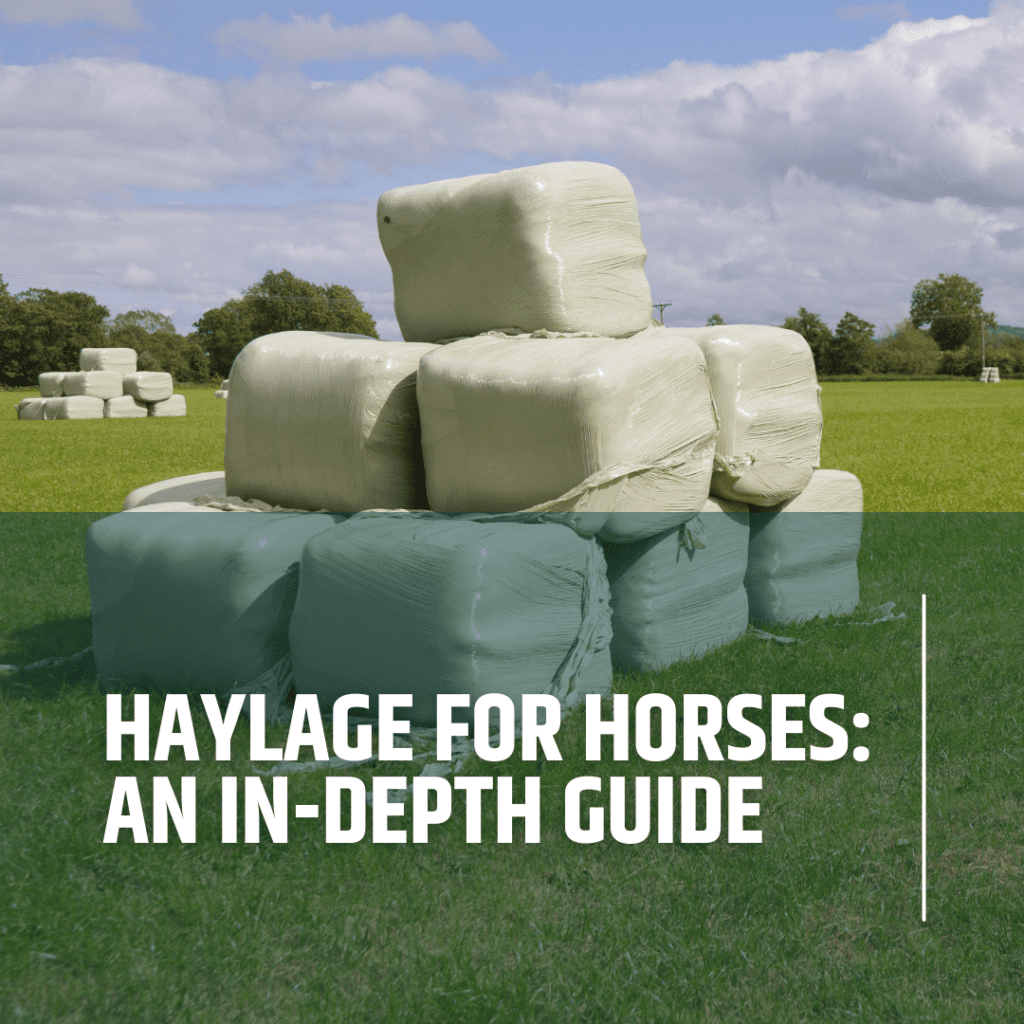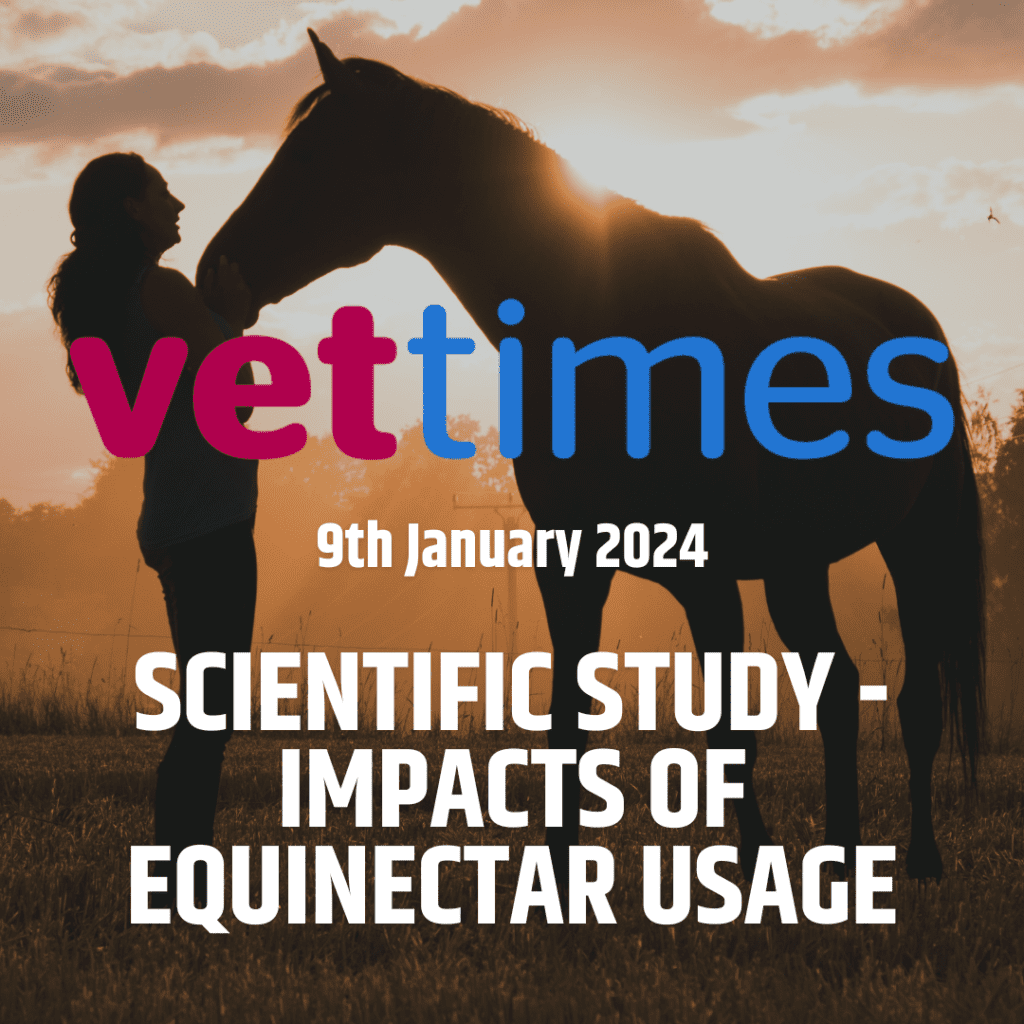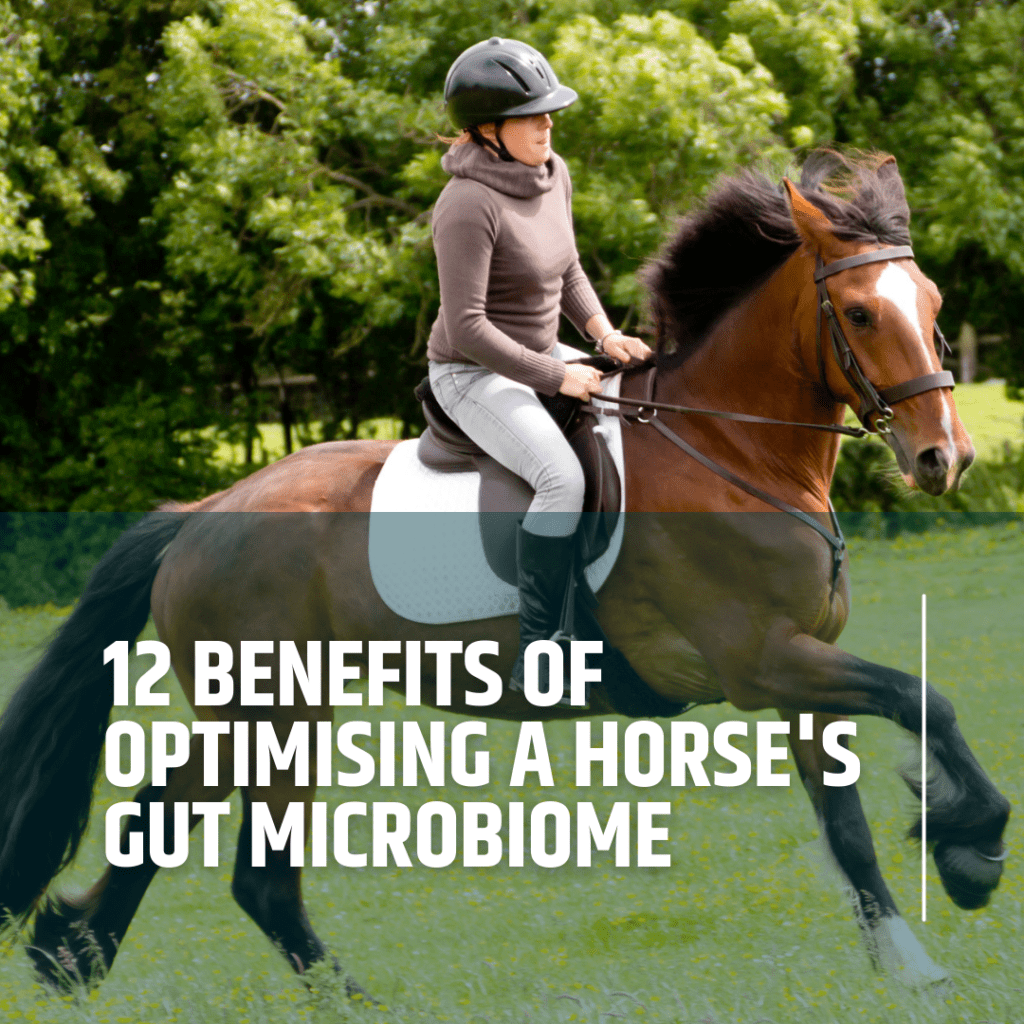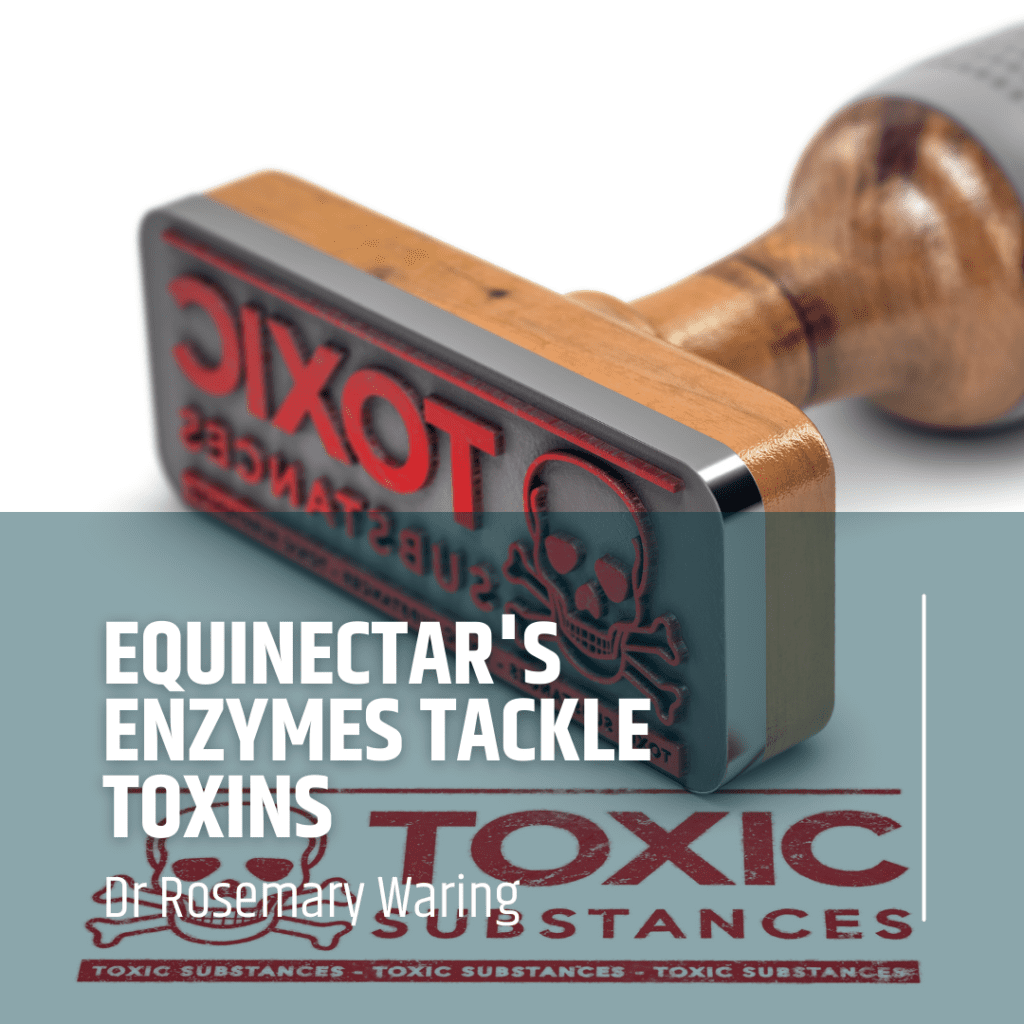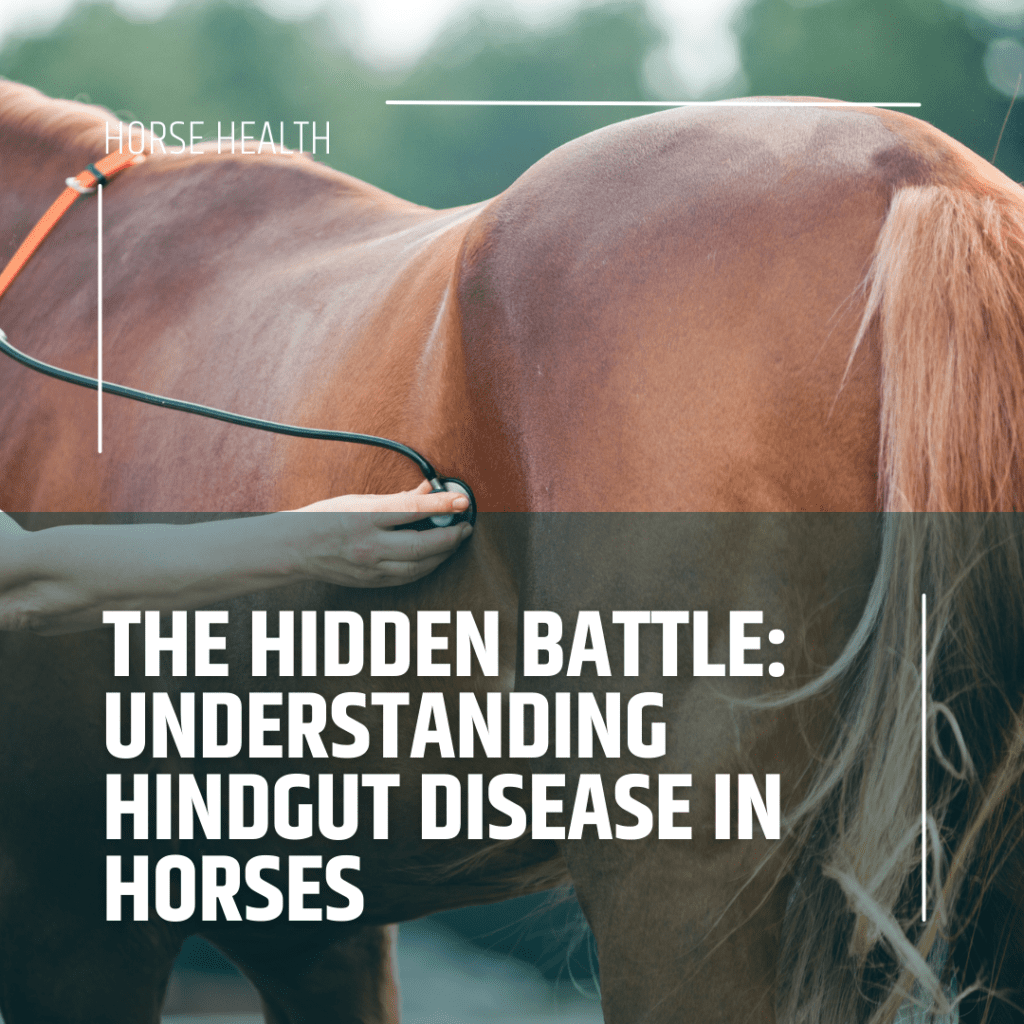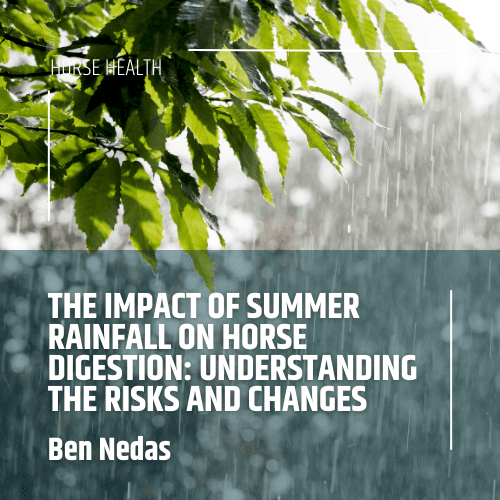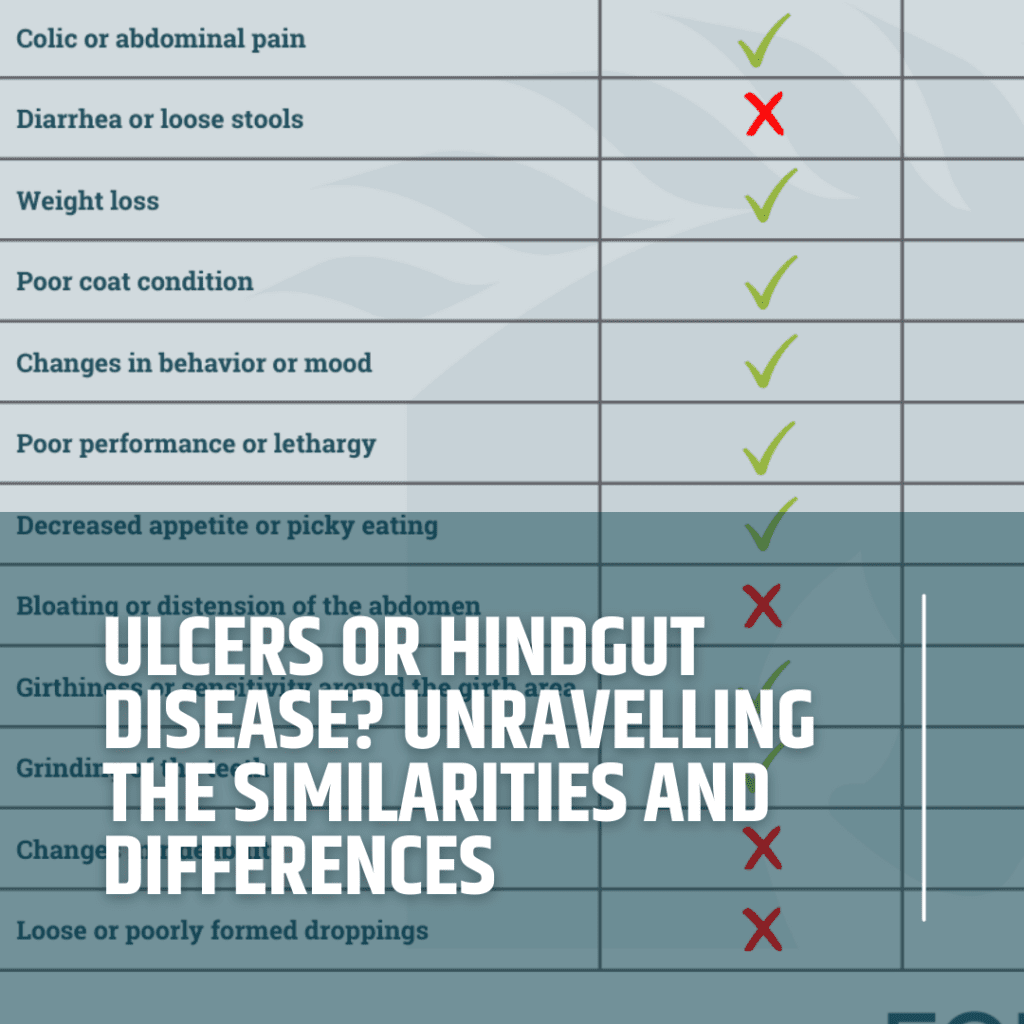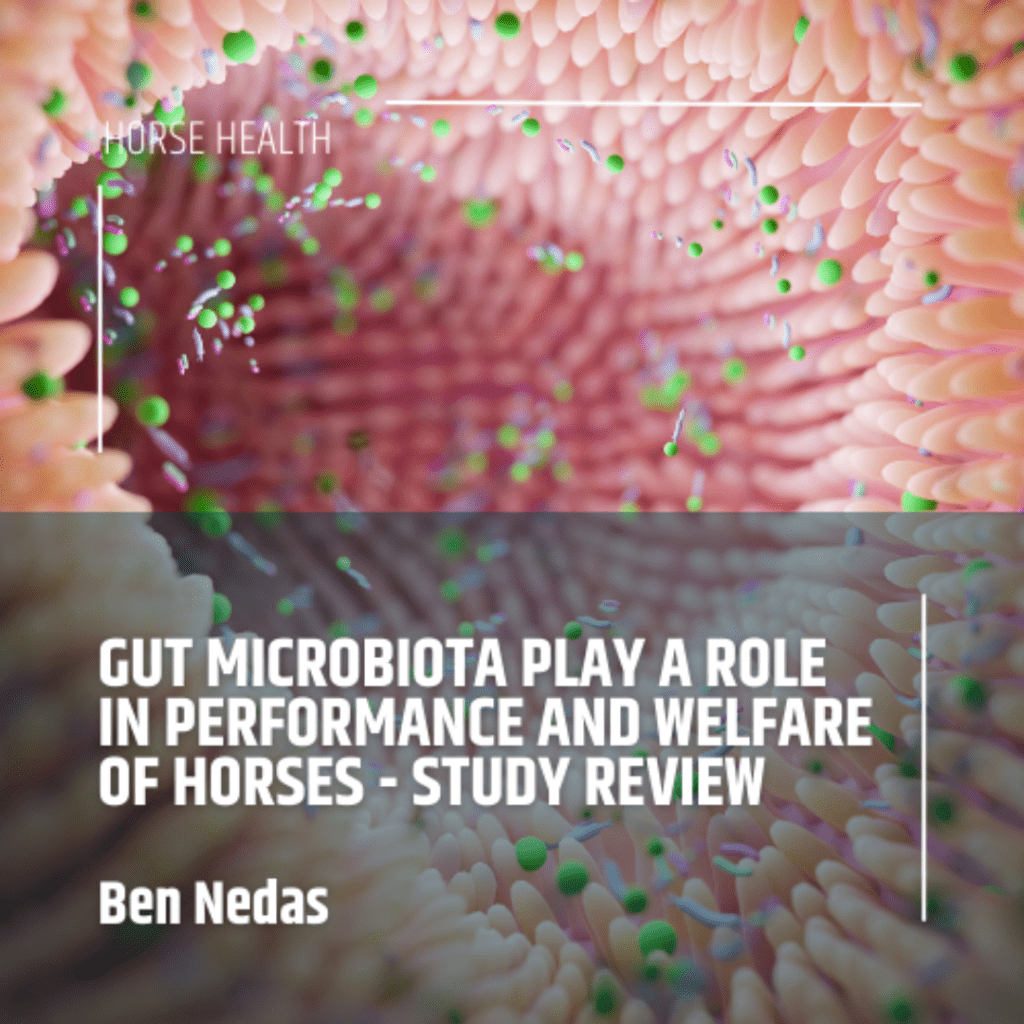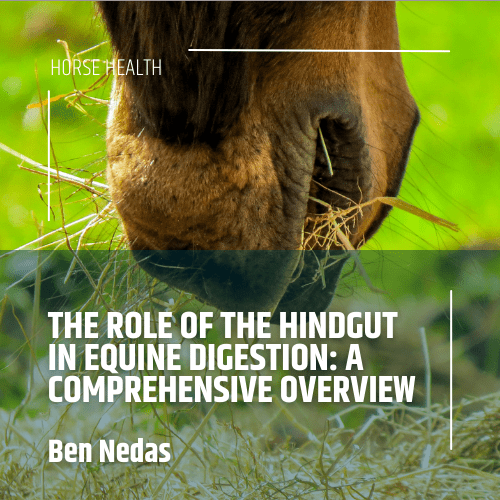Haylage for Horses: An In-Depth Guide
Haylage is a specially prepared forage with a high dry matter content of over 40%, making it a preferred choice for horses as well as various farm livestock. Its production focuses on achieving a minimal dry matter content to ensure a lower reliance on fermentation for preservation, thus minimising the risk of Clostridia contamination.
Haylage for Horses: An In-Depth Guide Read More »

